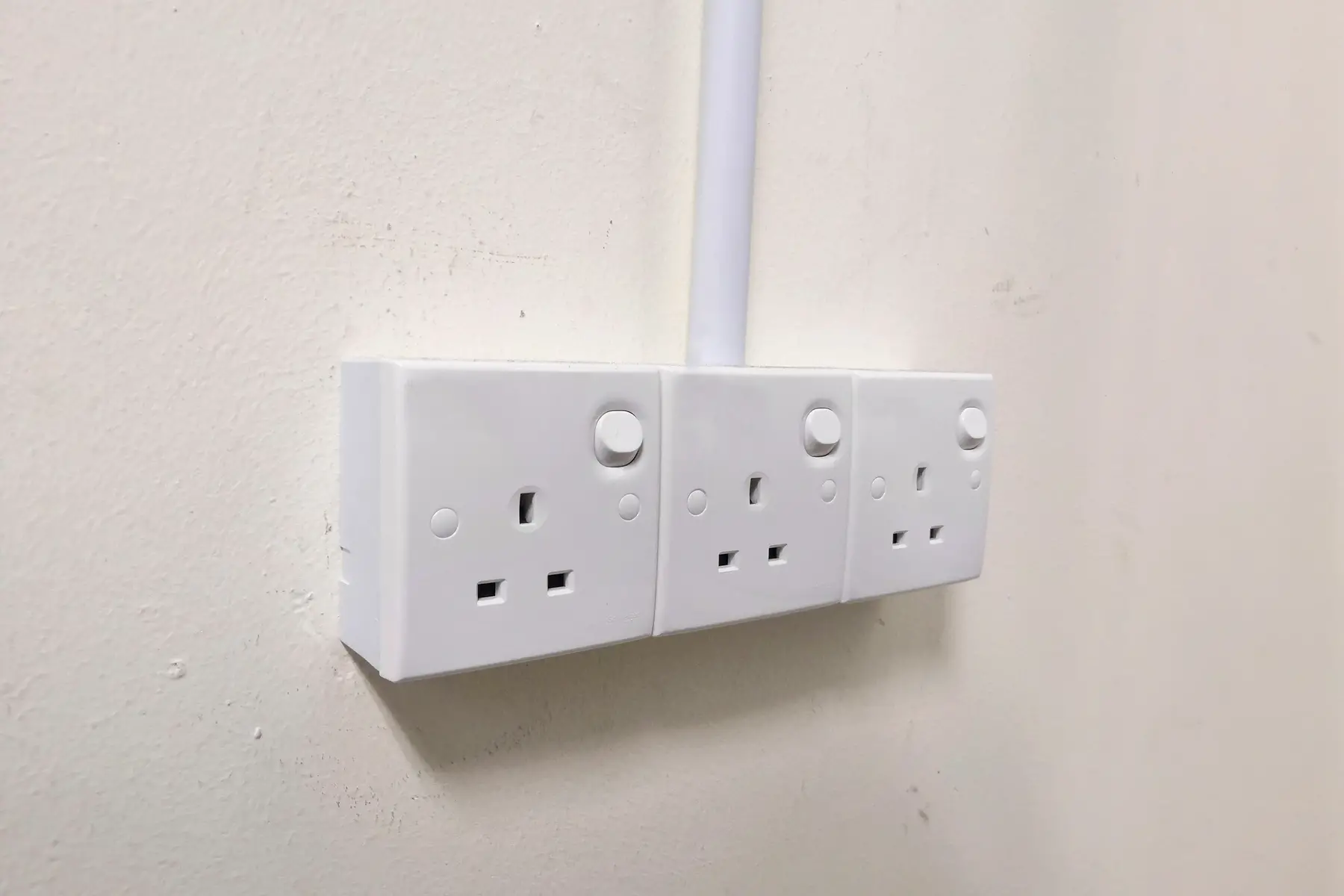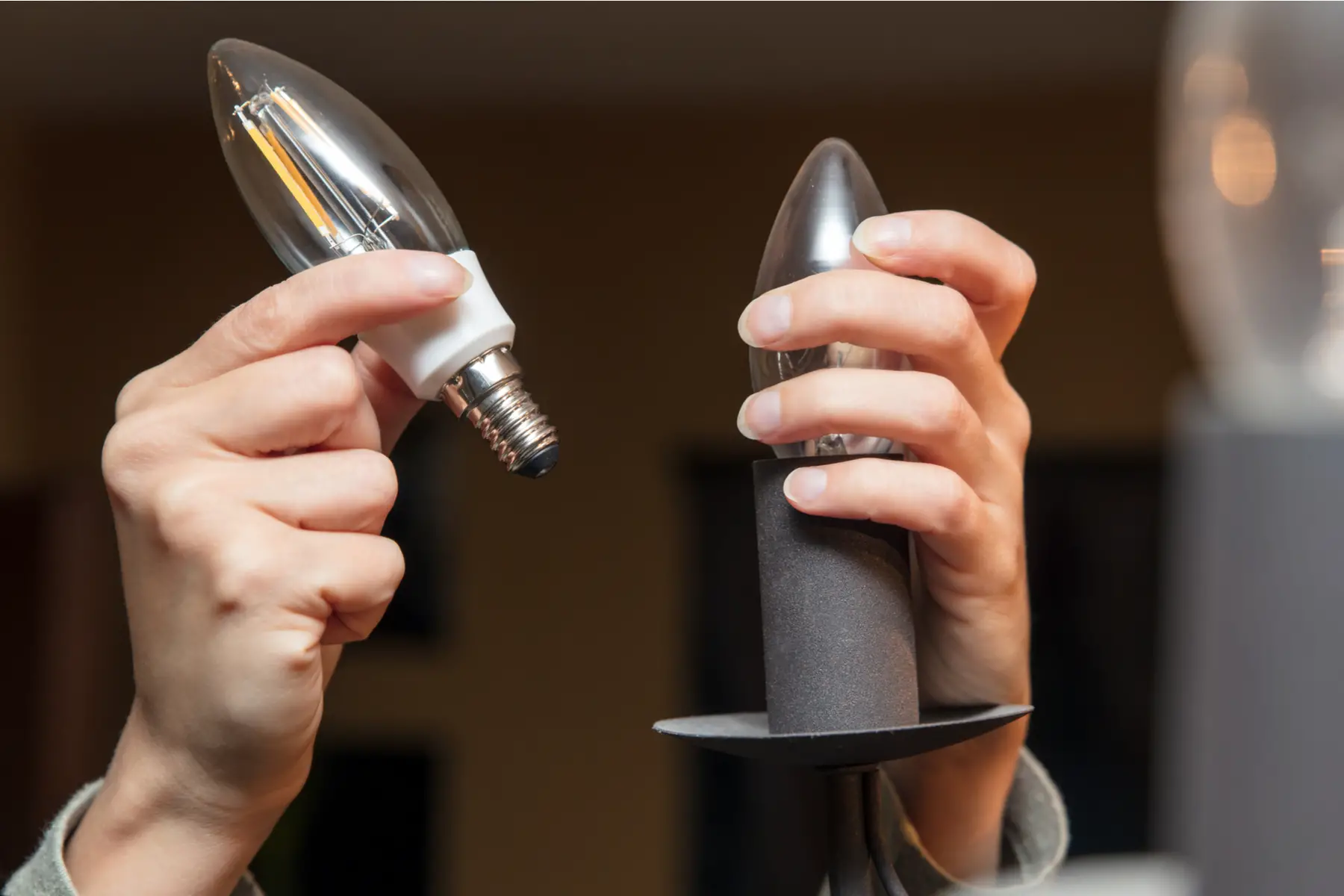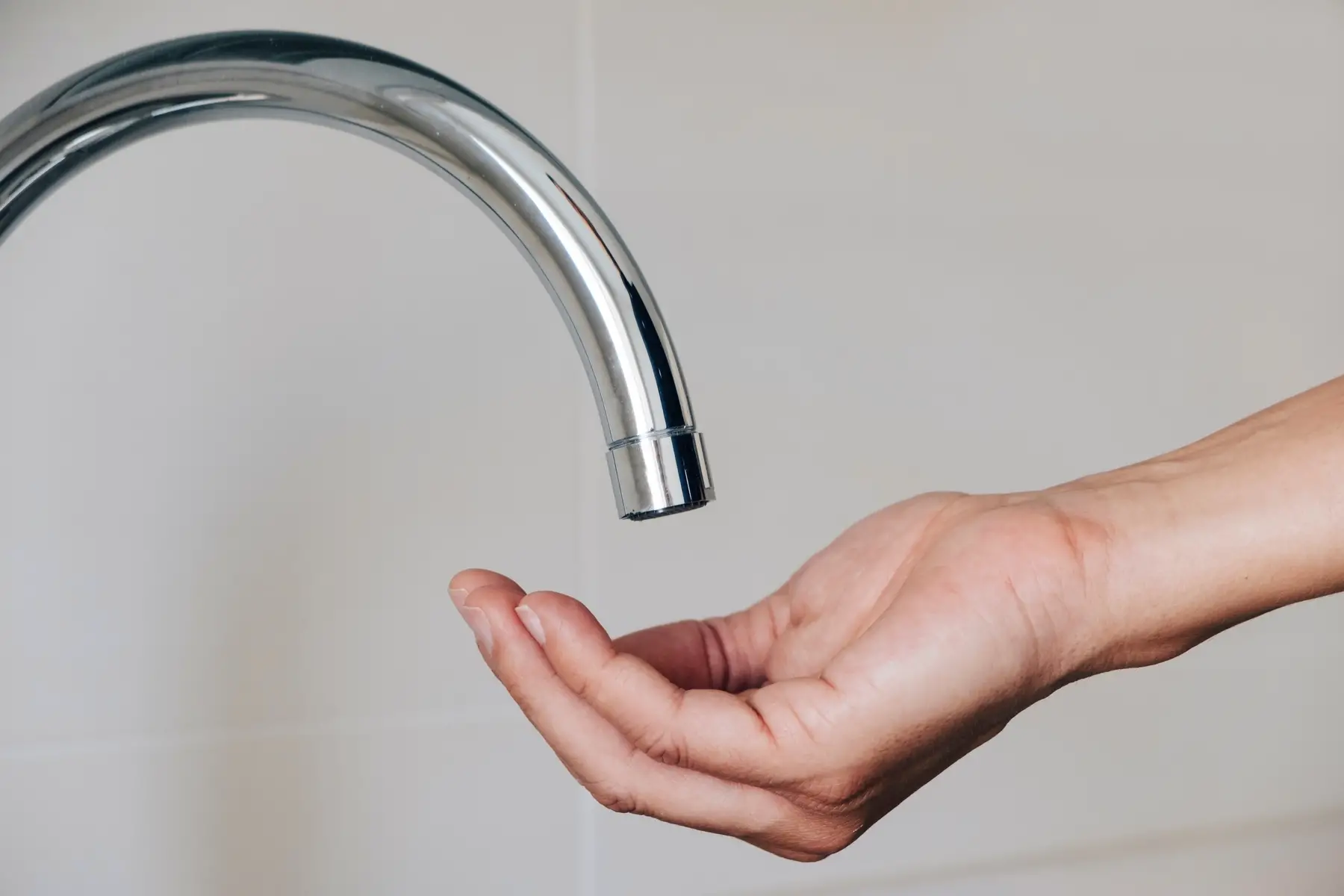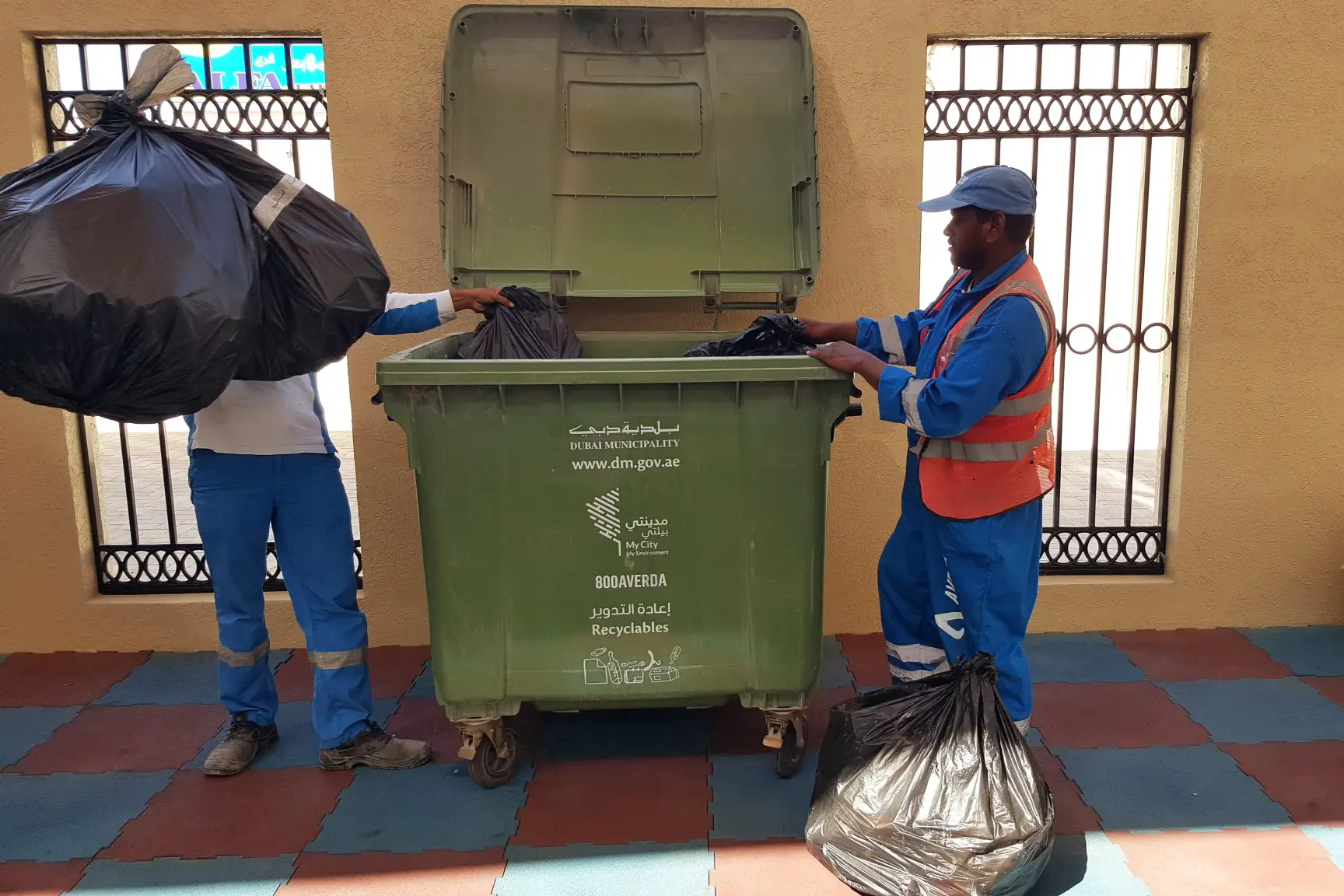The first thing you will need to do is create accounts for water, electricity, and gas supplies for your new digs. This guide explains what companies are around, how to open an account, and how to pay your bills and make complaints. It includes the following information:
- Utilities in the UAE
- Electricity and water in the UAE
- Electricity and water suppliers in the UAE
- Connecting and disconnecting electricity and water in the UAE
- Changing electricity and water suppliers in the UAE
- Electricity and water costs and tariffs in the UAE
- Reporting electrical or water faults and carrying out repairs in the UAE
- Making a complaint about an electricity company in the UAE
- Gas in the UAE
- Energy efficiency and green energy alternatives
- Garbage collection and disposal
- Paying utility bills in the UAE
- Useful resources
Utilities in the UAE
For the most part, utilities in the UAE are distributed and supplied through public regional authorities. These include the Abu Dhabi Distribution Company (ADDC) and the Dubai Electricity and Water Authority (DEWA). These same agencies regulate the industries.
The UAE offers good energy supplies and is increasingly looking for green solutions for energy production. Similarly, the Government is making concerted efforts to secure its water supplies and make them sustainable for the future. While its supplies won’t compare to places like Scandinavia and much of Europe, they rank better than many Asian countries, including India and Indonesia.
Since most expats in the UAE find themselves in Dubai and Abu Dhabi, this guide will focus on setting up utilities in these two cities.
Electricity and water in the UAE
The UAE has the fastest-growing electricity industry in the world. So much so, in fact, that the utility was responsible for 25% of the UAE gross domestic product in 2013; a figure which continues to grow. In addition, the energy demand in the UAE grew by 37% between 2008 and 2012. Domestically, electricity supplies are provided through regional public companies.

In the UAE, you will use a G plug; this has three rectangular pins in a triangular pattern. Much of the UAE operates on a 220V supply with a standard frequency of 50Hz. For the most part, domestic electricity supplies power consumer goods in the home. These include electronic devices such as laptops and smartphones, bathroom appliances like hairdryers, AV equipment including TVs and audio systems, small kitchen goods such as mixers, toasters, microwaves, and coffee-makers, and major household appliances like refrigerators, dishwashers, and washing machines. Of course, lighting fixtures and cooling systems are big users of electricity supplies, too.
Water in the UAE comes solely through desalinated seawater and groundwater. While public companies can handle water production, only regional public companies can manage water supplies. These are usually the same ones that provide electricity supplies.
Technically, tap water in the UAE is safe to drink. However, it can pick up contaminants as it makes its way from water treatment plants to your closest tap. This can make it undrinkable, in some cases. To stay safe, test your local supply, or install a water filter.
Electricity and water suppliers in the UAE
Electricity in the UAE comes through regional public authorities; the government partially subsidizes these. State-owned entities have exclusive rights to purchase and distribute electricity in the UAE, although only within their particular areas of operation. However, private sector companies are able to generate electricity.

In Abu Dhabi, domestic electricity and water supplies are provided exclusively through the Abu Dhabi Distribution Company (ADDC). Similarly, the Dubai Electricity & Water Authority (DEWA) is the sole distributor of domestic electricity and water supplies.
Connecting and disconnecting electricity and water in the UAE
Most rental agreements in Abu Dhabi are registered directly with TAWTHEEQ, the city’s central tenancy register. When this happens, you will automatically get access to water and electricity accounts with ADDC. If for some reason this doesn’t happen, you can register yourself through their website. Once you have an ADDC, you need to activate an online account to manage your supply.
If you are moving out of your rental property in Abu Dhabi, ADDC makes it easy to close your account. You can visit one of their branches, call their contact center, or request the disconnection online. You will need to tell the company your move-out date so that they can prepare your final bill. Once this is settled, you will get a clearance certificate and receive your security deposit back.
In Dubai, you can set up your electricity and water account through the DEWA website. Simply fill out the online form. You will also need to pay activation fees of up to AED330 and a security deposit of AED2,000 (for an apartment) or AED4,000 (for a villa). Your services will then be active within 15 hours.
Similarly, you can deactivate your Dubai utilities online. This will require charges of up to AED350 and payment of your final bill. Again, all you need to do is provide your move-out date to begin the process. If you prefer to deactivate your services offline, you can just notify a customer service center and provide your customer account number, mobile number, and Emirates ID.
No matter where you are setting up utilities in the UAE, you usually need to show your Emirates ID or passport, and tenancy agreement.
Changing electricity and water suppliers in the UAE
Each emirate has only one dedicated electricity and water supplier. Because of this, you won’t have to worry about changing suppliers.
Electricity and water costs and tariffs in the UAE
The UAE government is working hard to encourage sustainability and green living in the country. As a result, electricity in the UAE has different tariff bands, one for green usage and others for higher, less environmentally-friendly usage. Similarly, water supply in the UAE has different tariffs to encourage less wastage. One thing to note is that expats are charged higher rates for both electricity and water in the UAE. Emiratis can access discounted local rates.
The ADDC encourages lower electricity and water usage by offering lower unit prices under a green band. For electricity, the green band tariff is 26.8fils/kWh while the red band is 30.5fils/kWh. The green allowance for electricity is 20kWh/day for apartments and 200kWh/day for villas.
Similarly, the green band tariff for water is AED7.8/cubic liter while the red band charge is AED10.41/cubic liter. The green allowance for water is 0.7 cubic liters/day for apartments or 5 cubic liters/day for villas.
Dubai operates in a similar manner, but instead of two, the DEWA has four tiers of consumption. For electricity, these are charged at 23, 28, 32 and 28fils/kWh, depending on usage. Consumption also attracts a fuel surcharge of 6.5fils/kWh. For water, there are three consumption bands. The tariffs for these are 3.5, 4.0, and 4.6/imperial gallon respectively. These also have a fuel surcharge of 0.6fils/imperial gallon.
Reporting electrical or water faults and carrying out repairs in the UAE
If you have any problems with your electricity or water supply in the UAE, you will first need to determine if the issue affects just your property or the whole neighborhood. If the problem is just with your property, you will need to get in touch with your landlord to fix the problem. After that, they will get in touch with an electrician or plumber as necessary.

Conversely, if it is a neighborhood issue, you can contact the company directly. You can reach ADDC at 800 232 and DEWA at 991.
Making a complaint about an electricity company in the UAE
If you have a problem with your electricity and water provider, you will need to go directly to the regulatory body to file a complaint. This can be a little tricky since the regulatory bodies are also the companies themselves.
In Dubai, you will need to file a complaint through the local government’s eComplain system. For residents of Abu Dhabi, you’ll need to register your complaint with the ADDC. You can do this at their service centers, by email or through their website, or through the Abu Dhabi Government contact center. Complaints are usually addressed within 14 days.
Gas in the UAE
Domestic gas in the UAE is typically used in the kitchen for gas stoves. The supply can be provided through a central piped supply or in canisters, depending on which company you use. The industry is reasonably well regulated and regular inspections are common.
Gas suppliers
Domestic gas in the UAE is largely provided by two companies: SERGAS and Emirates Gas. These are both private companies. The only exception is the Emirate of Sharjah; where gas supplies are provided by the Sharjah Electricity and Water Authority, a public organization.
Connecting and disconnecting gas in the UAE
If you live in Abu Dhabi, you will probably get your gas supply through SERGAS. This will be a central piped supply. To set up an account, simply register online through their website with your passport or Emirates ID and your tenancy agreement; then pay the registration fees and deposit. You will have your gas supply within 24 hours. To disconnect the supply, call the company’s customer service line or visit one of their offices. You’ll just need to pay your final bill, collect your deposit, and claim your clearance certificate.
In Dubai and the Northern Emirates, you will use Emirates Gas. The company provides LPG containers for domestic use through a verified network of distributors. To get your gas supply, you will have to call the distributor in your local area to assess your home and get a quote. Once your account is active, you can request new cylinders whenever you need them and pay the distributor directly. If you are moving, simply call the distributor to disconnect the cylinder. Since you own the equipment and accessories, you can sell these back to the distributor and pocket the proceeds.
Changing gas suppliers
Again, once you’ve got your gas in the UAE set up, you probably won’t change your supplier. This is because each emirate is dominated by one gas supplier.
Gas costs and tariffs in the UAE
The cost of your gas in the UAE differs greatly depending on your supplier and usage. Each home is assessed individually, so speak to your SERGAS representative or Emirates Gas distributor to get an accurate quote.
Reporting gas faults and carrying out gas repairs
If you have any problems with your gas supply or need repairs, you will have to talk directly to your supplying company. You can reach Emirates Gas by phone or e-mail. You can get all the contact details for the company here. For SERGAS, you will need to use their online feedback form.
Making a complaint about a gas company
To file a complaint about your gas company, you will need to go directly to the company, or your emirate’s government. Follow the steps outlined above.
Energy efficiency and green energy alternatives
The UAE government is going to great lengths to encourage energy efficiency and green energy alternatives in the UAE. It aims to drop the share of power generation from gas from 98% in 2012 to less than 76% in 2021. To do so, the government is moving to renewable energy resources. The UAE began building nuclear power plants in 2013 and is operating solar energy facilities in Abu Dhabi and Dubai. It also established a wind turbine on Sir Bani Yas Island (with a full wind farm in the works).
To reduce domestic usage, the main effort is to offer lower tariffs for water and electricity usage. There are also national campaigns that show residents how they can reduce their water and electricity use. Similarly, the Government announced the Water Security Strategy 2036, which includes identifying sustainable desalination solutions, and dams and rainwater harvesting projects.
Garbage collection and disposal
According to recent studies, the average resident of the UAE puts out a total of 2.5kgs of waste each day. Local Emirate authorities are responsible for coordinating waste management in their area. Normally, they do this by offering contracts to private waste management companies. These include Averda, Dulso, and Trashco.

These companies are responsible for rubbish collection in different areas of the UAE. They also set up recycling stations throughout each city, mostly for plastic, glass, and paper. Additionally, many of these companies run programs to educate UAE residents about recycling.
Paying utility bills in the UAE
After setting up your utilities in the UAE, you will normally receive your bills each month. Most companies, including ADDC and DEWA offer autopay services so you can set up direct debits for bill payment. In addition, they offer the ability to pay by phone, through apps or online portals, or at post offices.
With each bill, you will normally see your name, account number, and type. You will also see the bill’s issue date, billing period, and due date. The bill will also clearly state your electricity and water usage for the whole month, along with the corresponding charges. Sometimes, additional charges may apply – if so, you will see those, too. Finally, the bottom of the bill will have your bill’s total, and the due date again.
You are expected to pay your bill promptly on receiving it. After that, you will receive up to three reminders, both by email and text message. Your service will be disconnected between 14 days past the final due date. To get your service reconnected, you will have to settle the full amount of your account, and usually, you’ll also need to pay a reactivation fee.




